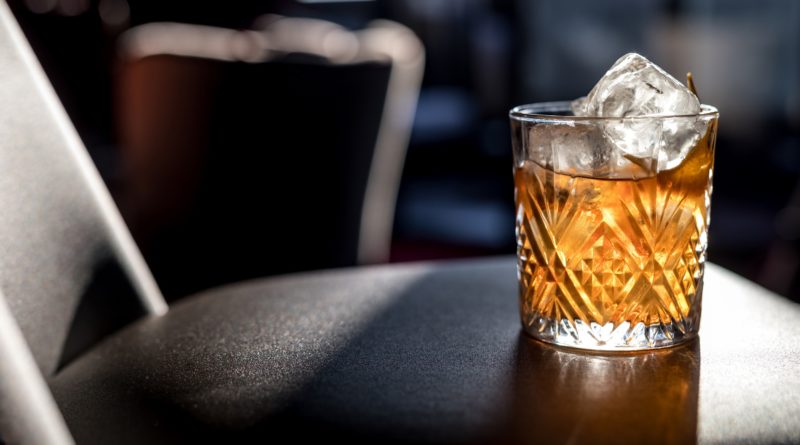The Beverage Industry And COVID-19 In Italy: Downward Trend For A Year That Looks Black
The first survey about Italian cocktail bars during the Coronavirus crisis – carried out by the Blue Blazer Guide – reveals that more than half of Italian cocktail bars are expected to lose more than 50% of their turnover in 2020.
In Coronavirus times, the Blue Blazer Guide on Italy‘s Best Cocktail Bars, a free app, made the first survey on the situation of Italian cocktail bars related to the perception of the economic damage for the spread of COVID-19, to illustrate the dramatic picture of the situation.
The Blue Blazer Guide submitted a questionnaire to the bars included in the 2020 edition to analyze the current state of the sector, estimate the economic prospects and propose possible solutions, with a response rate of 82.4%. An even more innovative survey, as the first quantitative research specific to the cocktail bar sector, including cocktail bars, bistros-restaurants, hotel bars and speakeasy, which until now has been poorly represented, as it was considered part of macro-categories in previous statistical surveys.
The most incontrovertible data shows how much the Coronavirus emergency already weighs on the cocktail bar sector, as almost all respondents (99%) recorded signs of crisis. In particular, managers and owners are worried about, in order: rent of the facilities (70% of respondents); staff remuneration (67%); management of suppliers (51%); charges related to financing and mortgages (45%).
Turning to forecasts for the sector’s performance for the whole of 2020, 56% of respondents believe that it will see a drop of more than 50% of its turnover. In particular, 23% of respondents expect to suffer a loss of more than 80% of their turnover.
The survey also highlighted some differences in the perception of the drop in turnover, both from a geographical point of view and from the types of bars. To better describe the methodology used for the survey, the Blue Blazer Guide defines hotel bars as those cocktail bars present inside hotel facilities and cocktail bars as the places that make the sale of cocktails the primary or exclusive activity. Analyzing in detail the situation in the two main Italian cities, Rome and Milan, it emerges that 90% of the clubs in the capital estimate a drop between 21% and 80% of their turnover. While more than half (55%) of the bars in the Lombard capital imagine a limited loss between 21% and 50% of turnover.
From the type of bar, 79% of hotel bars estimate a drop in their turnover of more than 50% (in particular, 32% more than 80%), while 77% of cocktail bars expect a drop between 21% and 80% (in particular, 48% limit their forecast loss between 21% and 50%). More generally, the sector appears less dependent on a lack of tourism. 56% of respondents quantify the contribution of tourism to their turnover, which is less than 50%.
The last question of the survey asked, through an open question, what interventions could be necessary to stem the crisis. Almost all the managers and owners of bars would find it necessary to lighten the tax burden and provide immediate access to liquidity, rewarding, in particular, the most virtuous companies or those that can guarantee full employment. One of the most widely supported proposals concerns the possibility of encouraging the production of Italian distillates, wines, liqueurs, and craft beers through forms of indirect tax reduction. Another of the most frequent responses, finally, concerns the reorganization of the regulation of the sector, also aimed at curbing undeclared work.
________________________________________________________________________________________________________________
Cover Photo: © Andrea Di Lorenzo e Alberto Blasetti
You can download here all the graphs and the complete data of the survey by Blue Blazer Guide.




